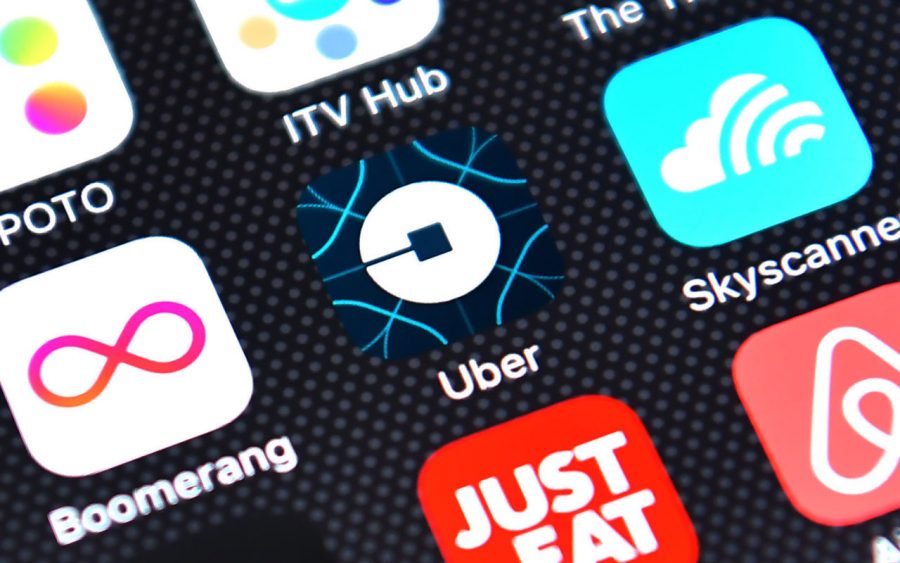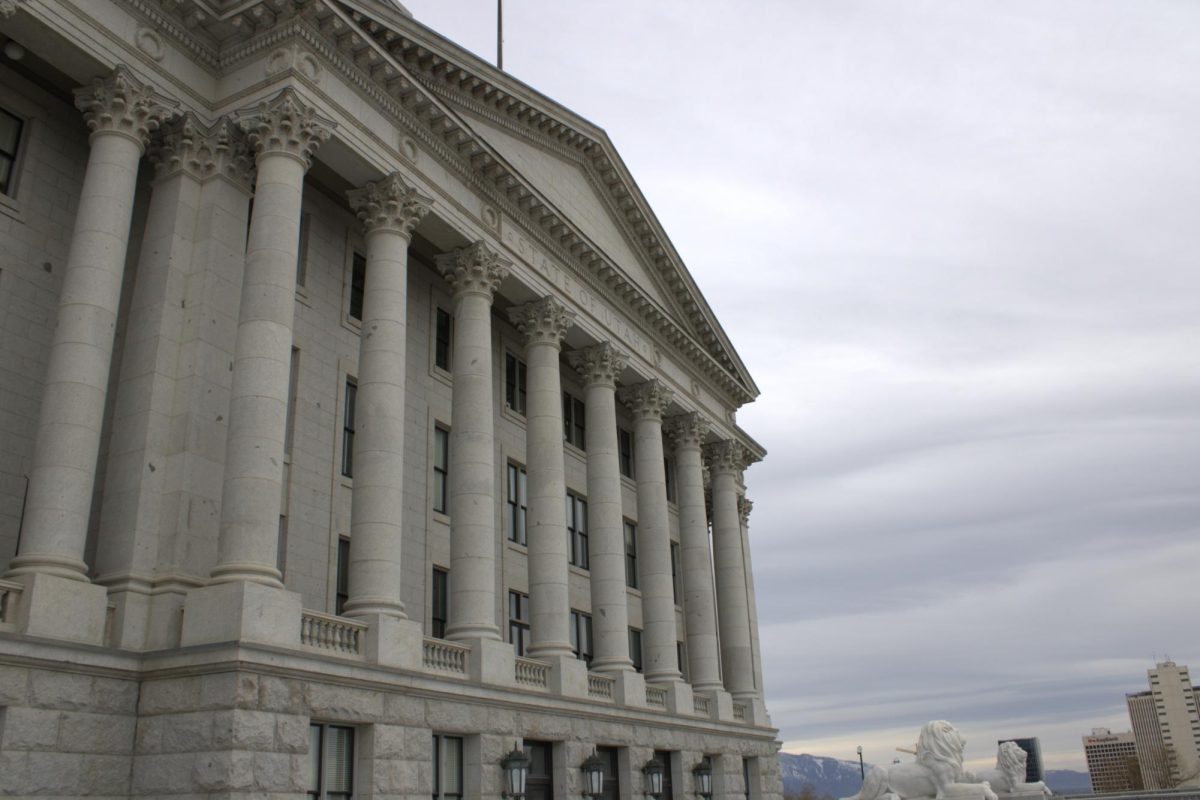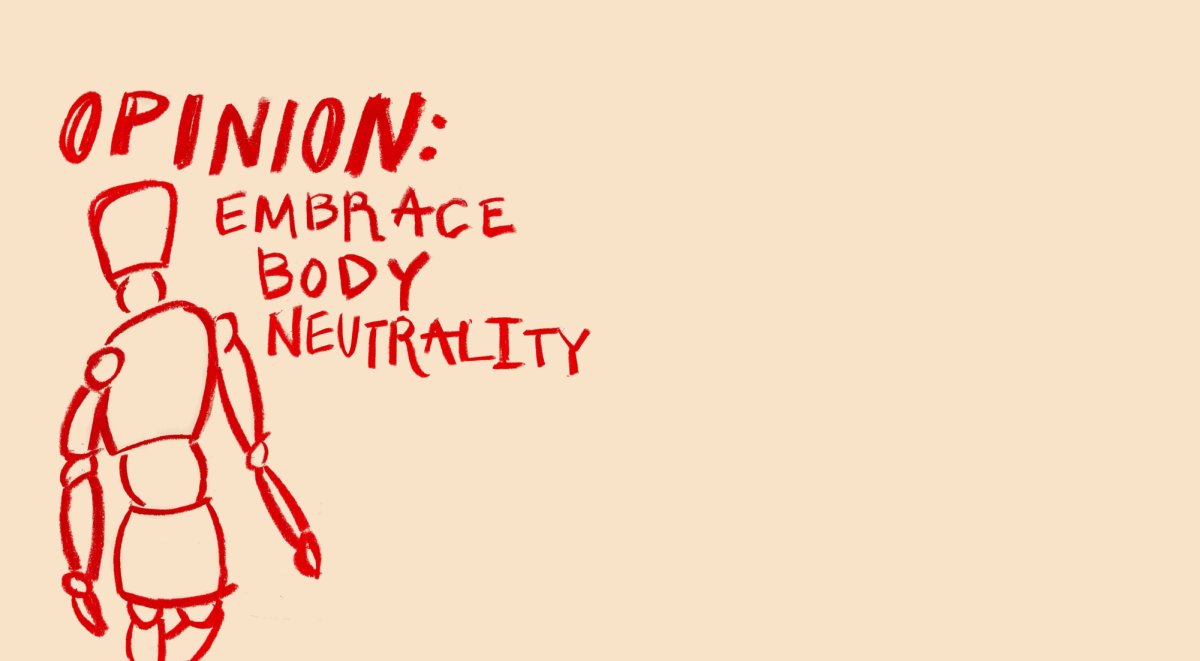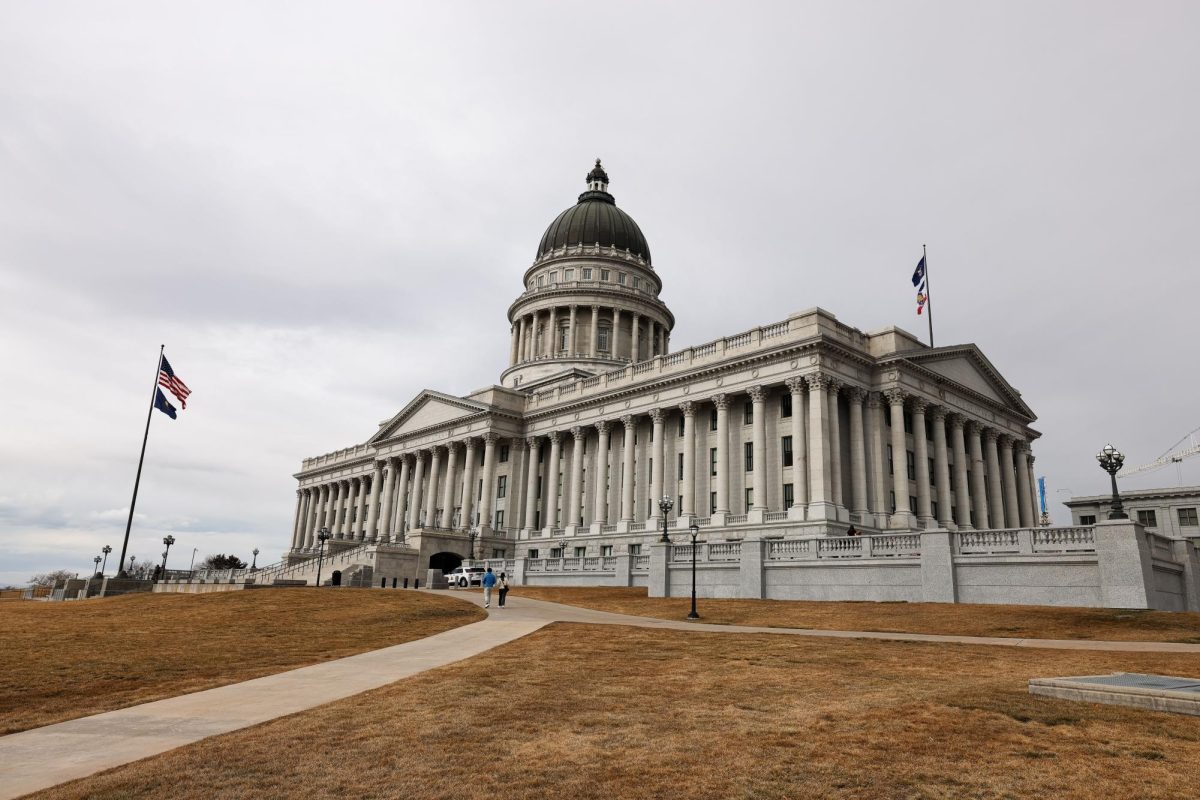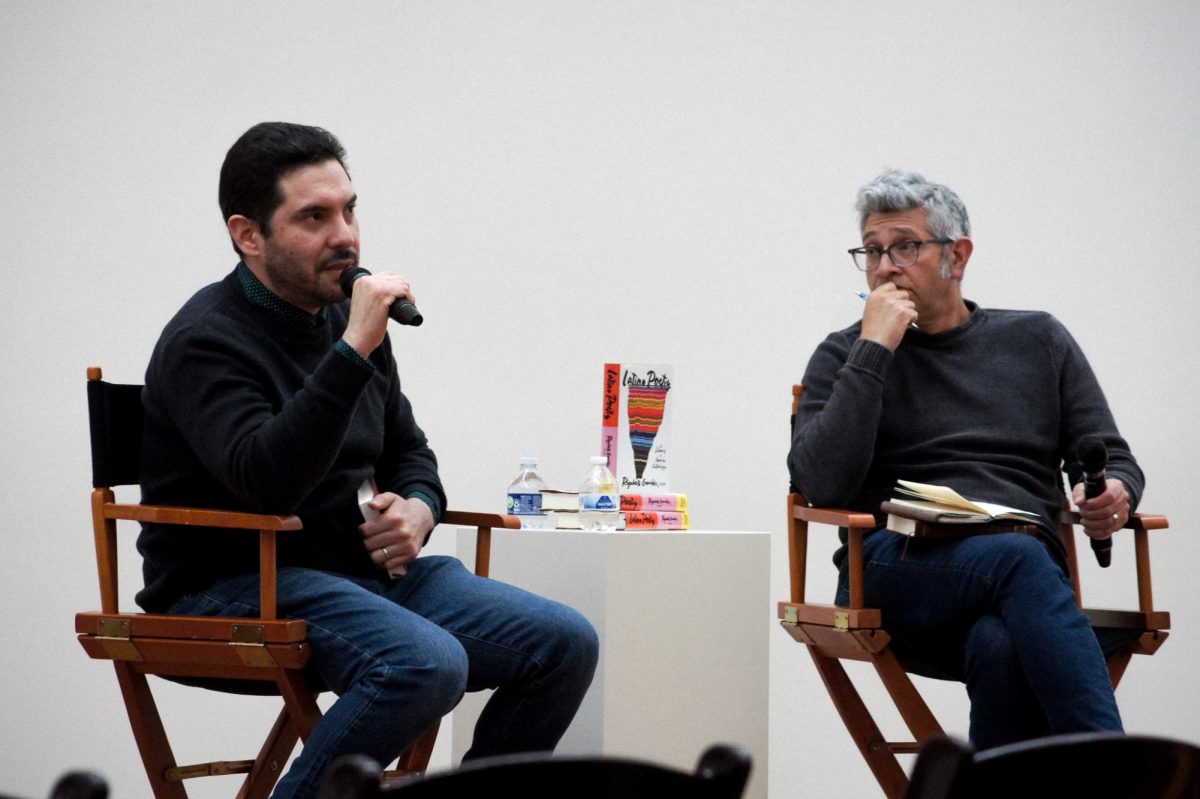Reese: Prop 22 Is the Gig Economy’s Declaration of War against Workers
December 22, 2020
This November, California voters passed Proposition 22 with 58% of the vote, endorsing a bill that would make gig economy companies like Uber, Lyft and DoorDash exempt from protecting the workers that provide their services. This bill has incited these companies to pursue similar bills in other states like New York and Massachusetts, and they have begun to set their sights on national laws.
This change is essentially a declaration of war by the gig economy against the American worker. The end goal for these companies is to ensure they can exploit their workers — burdening them with more financial hardship rather than offering protections. Like they did in California, gig economy companies will buy these laws in every state to make states as pro-business as possible, all at the cost of workers’ livelihoods.
How Prop 22 Exploits Workers
Uber CEO Dara Khosrowshahi calls this proposition, which would allow companies to recognize gig economy workers not as employees but as independent contractors, a “third way” for workers. What he means is that he’s found a way to guarantee that his company can rent people’s bodies to provide services without offering them any benefits or protections. It isn’t a “third way” for workers but rather it is a new way to exploit them.
Human Rights Watch and Amnesty International have jointly condemned California’s passage of the proposition. One researcher at Human Rights Watch, Amos Toh, said, “Prop 22 threatens to create a permanent underclass of workers in California forced to endure poverty wages and substandard working conditions with little recourse.” These laws are so devastating to workers that human rights organizations recognize them as abuse. The corporate executives of the gig economy are no different from national leaders who ignore human rights and abuse their citizens.
Gig economy corporations depend on abusing their workers in order to ensure their profit. Uber went so far as to threaten to leave California if Prop 22 lost. They will fight harder to legalize their abuse than guarantee their workers have access to a living wage or healthcare. Of course, they defend this by saying it’s necessary to keep their costs down — but two years ago, New York City passed a law requiring a minimum wage for gig economy employees, and labor economist Michael Reich found after two years that “when regulators changed rules for the whole industry, drivers were paid more, companies earned more and passengers on the whole did fine.” The worst-case scenarios that gig companies use to scare consumers are not likely outcomes for paying employees fairly. It’s clear, then, that big tech is motivated by greed rather than concern for their customers, much less their workers.
A Campaign Built on Deception
The companies that backed Prop 22 claimed that having to recognize their drivers as employees would force them to take away flexibility from workers because the law would somehow prohibit part-time employment — but that wasn’t the case. California Assemblywoman Lorena Gonzalez sums up what happened with Prop 22, “Instead of paying their drivers, gig corporations forged a deceptive $204-million campaign to change the rules for themselves and provide their workers with less than our state laws require.” They stretched the truth to trick voters, and it worked. Now Californians have voted to take labor protection and rights away from their neighbors, family and friends.
The Future for Gig Economy Workers under Prop 22
Prop 22 allows companies like Uber to pay their workers, now deemed independent contractors, around $5.64 an hour. By contrast, the California state minimum wage sits at $12-$13 an hour depending on the size of the business or company. It will reach $15 an hour in the year 2023. Meanwhile, gig economy employees will continue to make less. This disparity will be allowed based on changes to how laws define working hours. For example, a rideshare app driver will only be paid when picking up and driving a rider. There will be no pay in between rides, nor will a driver be paid when they clean the vehicle or perform any other maintenance needed to do their jobs.
Workers will also have to pay the upfront costs of all regulated changes. For example, by 2035, California will require that all new vehicles be zero-emission. The state is also aiming to make 60% of all rideshare miles zero-emission. This goal is obviously a good thing for the environment, but the costs of that switch to a zero-emissions vehicle are now pushed onto individual drivers. How can companies expect workers to afford this when they earn only $5.64 an hour?
Prop 22 demonstrates that in America, corporations are allowed to buy laws to fit their profit-driven mindset even at the cost of peoples’ upward mobility and livelihood. The wealthy will continue to prosper while the rest suffer. Just look at how many billionaires got richer during a pandemic that pushed millions into poverty. The bottom line is that Big Tech has declared war on the American worker. Prop 22 has only encouraged corporations to lobby against workers’ rights for their own financial gain, opening the door to another Gilded Age in America.


